The premiere episode saw the kings gathering for the first time in the Man Cave where Murray introduced the week’s challenges. First up was a sports-themed photo shoot with WNBA royalty Layshia Clarendon as the guest judge. This was followed by what may be the most intense challenge in all of drag competition history. The kings were asked to form boy bands, write lyrics, create a cohesive look, choreograph a number — and do it all in 90 minutes. Yes, 90 minutes. Talk about needing big D.I.C.K. energy.
Desiree Desade
While all the kings stepped up to the challenge, Tuna Melt and Henlo Bullfrog found themselves in the bottom. The king chalks up their placement to ADHD, which makes memorization on such a short timeline particularly challenging. “I was so scared of doing choreography that I focused so much on the choreography of that challenge. And everything happened so fast,” he recalls.
For their face-off to decide who stayed, the two were asked to stage an impromptu breakdancing challenge, which proved to be a roller coaster for Tuna. “When they were like, ‘Oh, you don't have to know any of the lip syncs today,’ I was like, slay, because I struggle with memorization,” he recalls. But then he found out why. His first reaction? “This would happen to me,” he laughs.
Tina shares that Murray noticed that the king seemed discouraged and offered him a much-needed pep talk. “Murray was just like, ‘Look, do it for me. Do it for me, and do it for the kings,’” he recounts. “Deep down, Murray knew that I was just, like, heartbroken.”
When the judges’ decision came down, it was Tuna Melt whose “pursuit of the crown” came to an end, and while the audience didn't get to see it, Tuna shares that his reaction after the judging was one no one on set will soon forget.
“I violently threw up right after,” Tuna confesses with a laugh. “It was so loud that they had to put the music on. But to be fair, I did let production know that I have this thing with nausea when I get nervous.”
Tuna recounts how, after the breakdancing, they immediately ran off stage and began vomiting behind the scenes. “I was just like, ‘Nooo!’ All the kings were, ‘Oh my God, I feel so bad for him.’ I'm pretty sure Tenderoni was like, ‘Oh, bendito.’”
Desiree Desade
Gastrological distress aside, in that moment, Tuna Melt became the Ned Stark of drag, as they explain, “They needed an iconic person to go home first. I feel it was like Game of Thrones, [only] where you didn't realize they killed the father,” he jokes.
“As much as I would have liked to have shown everyone my entire package and what I'm capable of, I also wanted to show people a New York that is gracious, that is kind, and that can make an impact with whatever it is that they're working with. It's still very monumental to be a part of this.”
To that point, he didn't miss the opportunity to speak up both for his trans community and for the people of Palestine before exiting the show. He recalled that in the casting process, he told them not to put him in the cast if they were looking for someone to stay silent. “As a trans person, our liberation is intertwined. We no longer live in silos. We’re living in a day and age where it’s a global liberation,” he explains.
That’s no surprise considering how his drag journey began with personal liberation.
Tuna first found their inner king during the pandemic as an extension of their gender journey. At the time, they were working an A&R corporate job in the music industry. Now proud trans masc, they already identified as genderfluid but were struggling with being frequently misgendered. “When you're misgendered, it's like death by a thousand paper cuts,” he recalls. Seeking an affirming community, they found one online with the help of drag educator Theydy Bedbug. “For the first time, I was... surrounded by people who had different pronouns and different genders and different expressions, and that is what really propelled me to do drag.”
Desiree Desade
Tuna went on to the runner-up in the NYC Glam Award-nominated Cake Boys #TakestheCake competition and began building an audience of “Tuna Can Stans” — and yet they still went back and forth about whether or not to apply for King of Drag when the opportunity arose. Finally, on the last possible day, they decided to take the plunge and just go for it. “I said, I’m going to do this because I believe in drag kings,” they recall. “I believe in drag things. And I want to build my production company. I want to build visibility because my time in the entertainment industry showed me that there's not enough trans masculine people, trans people in general, holding spaces in the leadership space.”
When the show was announced, it sent a ripple through the king community, but none of that compared to when the cast was finally announced. The reality is still setting in for Tuna, whose life has changed drastically in some ways, but remains a struggle in others. “I'm also noticing how big of an impact this is when you start seeing viewing parties popping up in France, in Spain,” he says. “Then, on the other end, I'm still very much trying to find my place in this world as Teo, outside of Tuna, too. There's this really difficult political climate and...people forget this too, that I still very much navigate the world as a trans masculine person of color, and I think it's because I do everything with such a smile and I make it look easy... there's so much joy and validation and finally seeing us get our moment. But at the same time, too, there's this level of [concern for our] safety [in this political climate].”
Desiree Desade
“I would not be honest if I didn't say that, yeah, I'm terrified. I'm terrified as a trans person, but there's no one else out there coming for us,” he adds.
But Tuna is a fighter, one who’s passionate about using this moment to shed light on the struggles trans folks are facing in the world, and in the workplace — and they speak from experience. “Ever since I've left corporate America and I've become more into who I am, the harder it's been to find a job. I'm seeking employment,” he reveals.
And he’s calling on allies to put their money where their mouths are. “Yes, I'm resilient. But... I'm drowning a little bit, too. So I need allies to really just roll up their sleeves and say let's go.” What does that look like? “Give me your money,” he says, “Donate directly to mutual aid. Donate directly to black trans people, donate directly to the community, and redistribute wealth.”
He also recognizes that drag as a movement and a culture is in a moment of transition, and the show has the potential to propel it even further. “Before King of Drag, we were experiencing the Silver Age. Now we're entering the Golden Age of drag, [the future] I see is drag artists having multiple personalities, whether it's a gender expressed as a woman, a man or neither, or a robot or a fairy. We're going to keep pushing the envelope forward.”
Desiree Desade
Even with just one episode having aired, already the series is doing that, in large part because of the incredible talent on display. Even Tuna was gagged when he began running into his castmates at the hotel where they stayed during filming. “The best way I can say it is that it was like the first time I was meeting my X-Men,” he recalled. “We were all recruited from across the country to be a part of this team, and then you go into the studio, and it's just exciting, because you're like, oh my goodness, here's the Man Cave, and then there's Murray Hill, and it just felt like a dream, but then it's like a dream with a bunch of people that you get to play with and feel safe with... everyone in this cast is an absolute gem.”
Tuna sees the cast as being chosen as the “architects” to build the infrastructure and network of kings to elevate them all around the country. “Imagine your favorite genre of music just starting out. You know, like, when punk started, you weren't like, ‘Oh, this guy's riff sucks.’ You were like, ‘This is incredible. This is electric.’ And I want people to feel that this is the beginning of a new genre, that it's not going to be perfect, we're at the front of it. It's the beginning of the Golden Era, and we are laying the foundation down,” he explains. “I really hope that kings don't feel the pressure to be just like queens, because we're never going to be just like the queens. But you know what? That's the beauty of it.”
Jesse Grant/Getty Images for Revry
Tuna has big dreams for what comes next: Not only are they already manifesting an All-Stars return to the show, should it get picked up for additional seasons, but they’re ready to share their talents with the world. “I would love to have employment as a trans person. So I'm sending out a bat signal if you can,” he says. “If you hear this message and you want to work with me, please work with me, because I'm ready.”
Ultimately, though, they’ve proven time and time again that they’re a survivor and they’re ready to find their collaborators and co-conspirators. “The thing to really take away here is that reality TV is not just about winning. It's about stories and narratives. And I think for me, it was about showing people how to get back up, even if you feel like you've gotten knocked down.”
Jesse Grant/Getty Images for Revry
.png)
 German (DE)
German (DE)  English (US)
English (US)  Spanish (ES)
Spanish (ES)  French (FR)
French (FR)  Hindi (IN)
Hindi (IN)  Italian (IT)
Italian (IT)  Russian (RU)
Russian (RU) 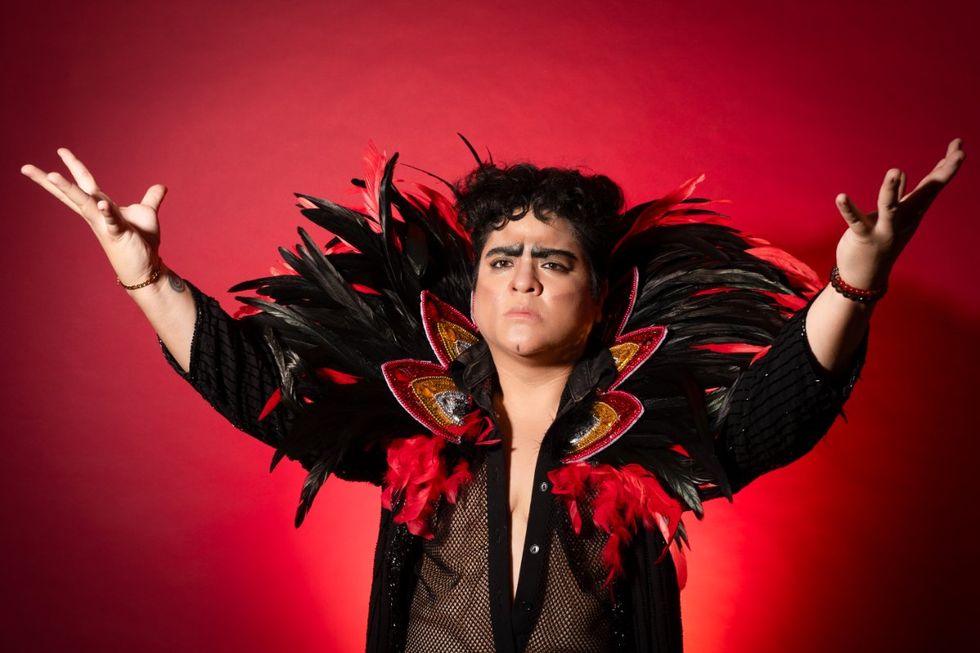
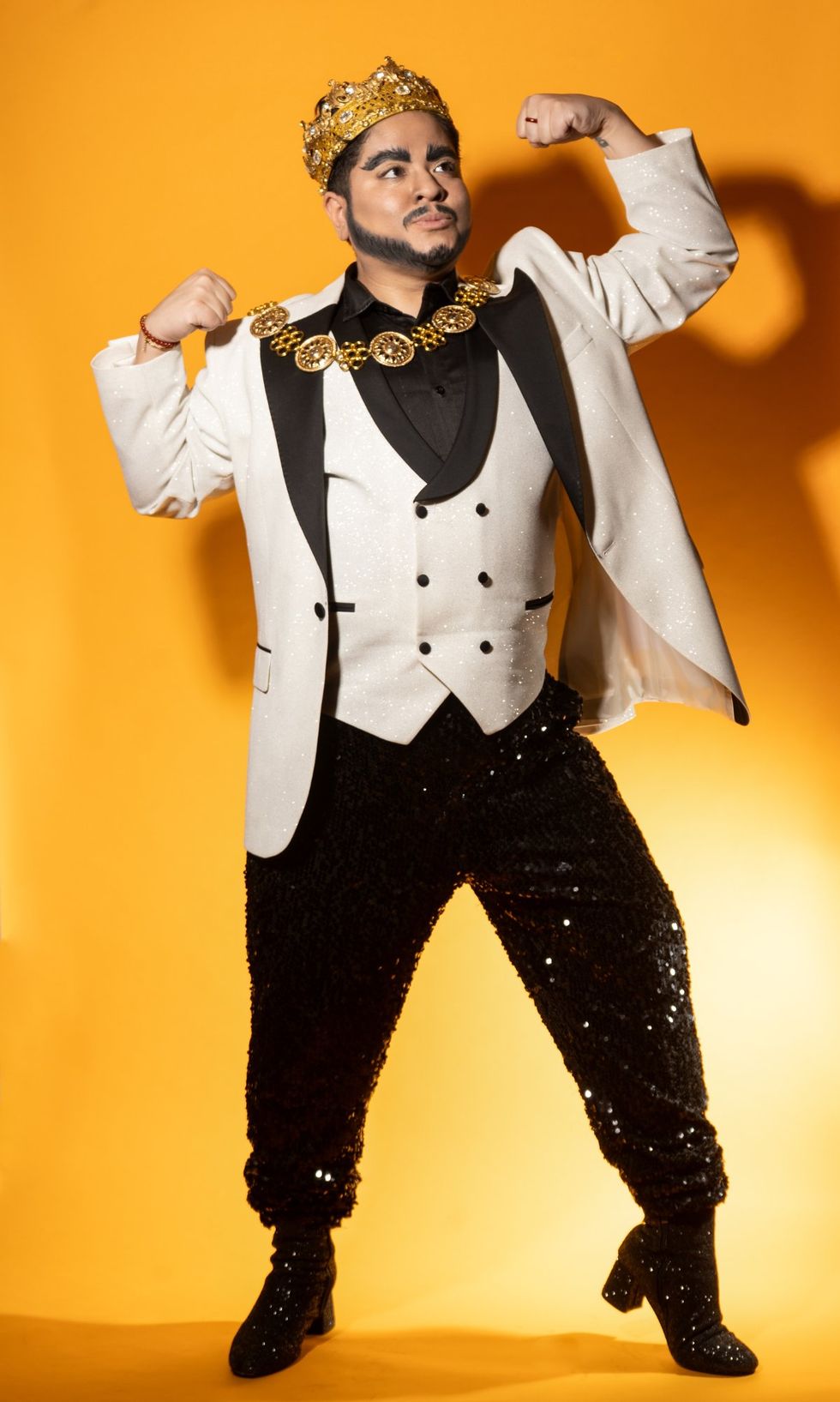
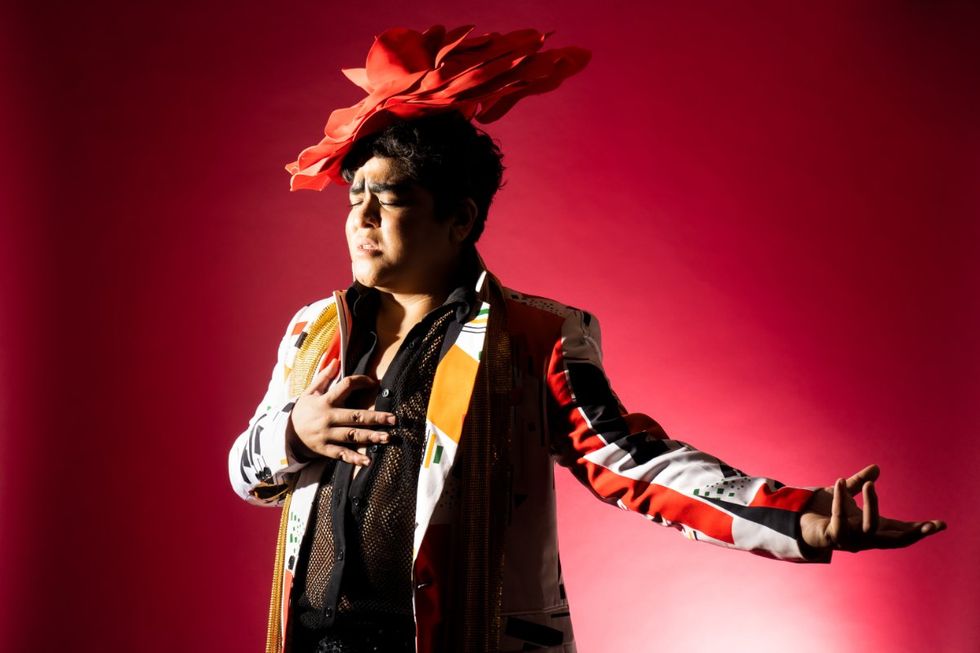
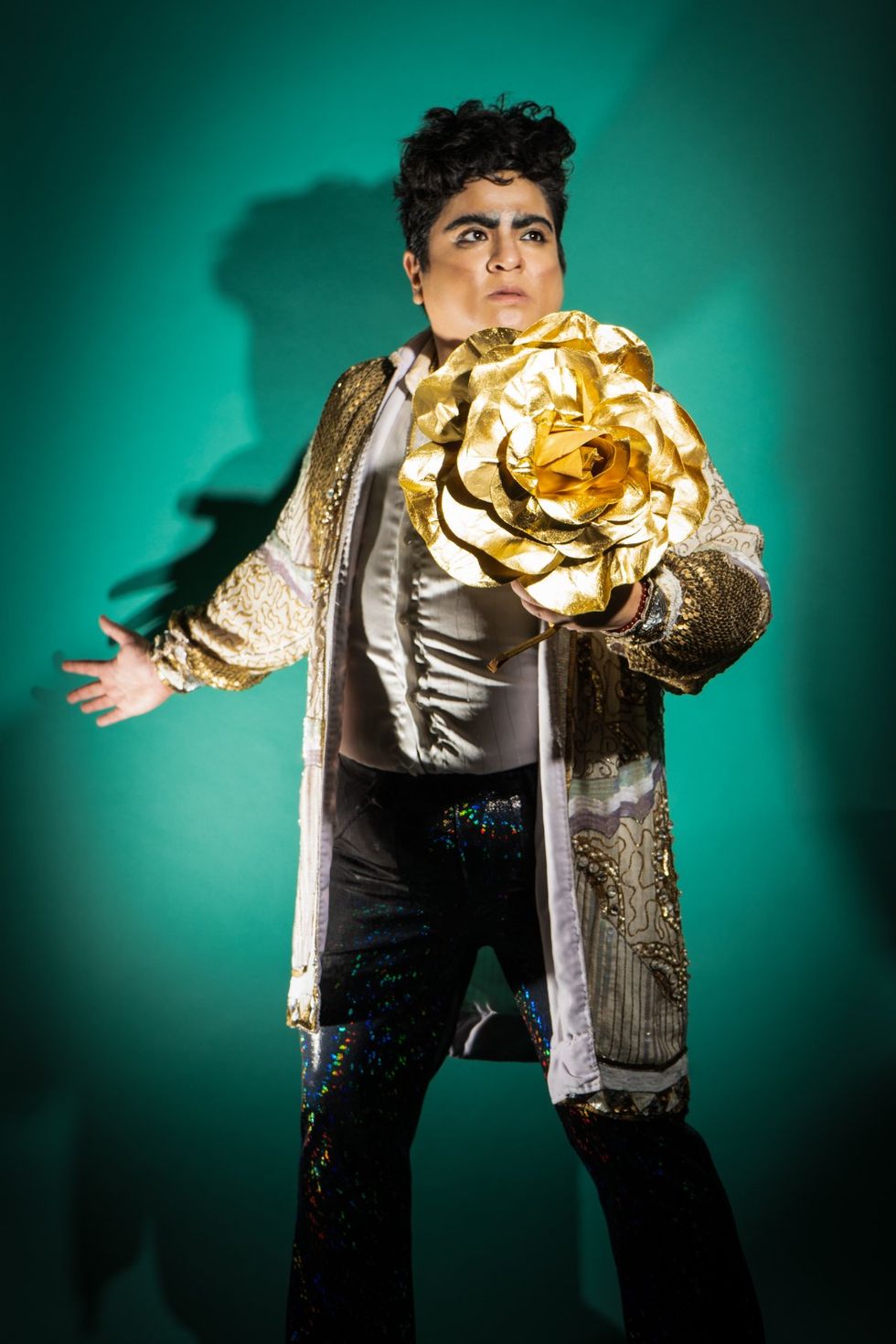
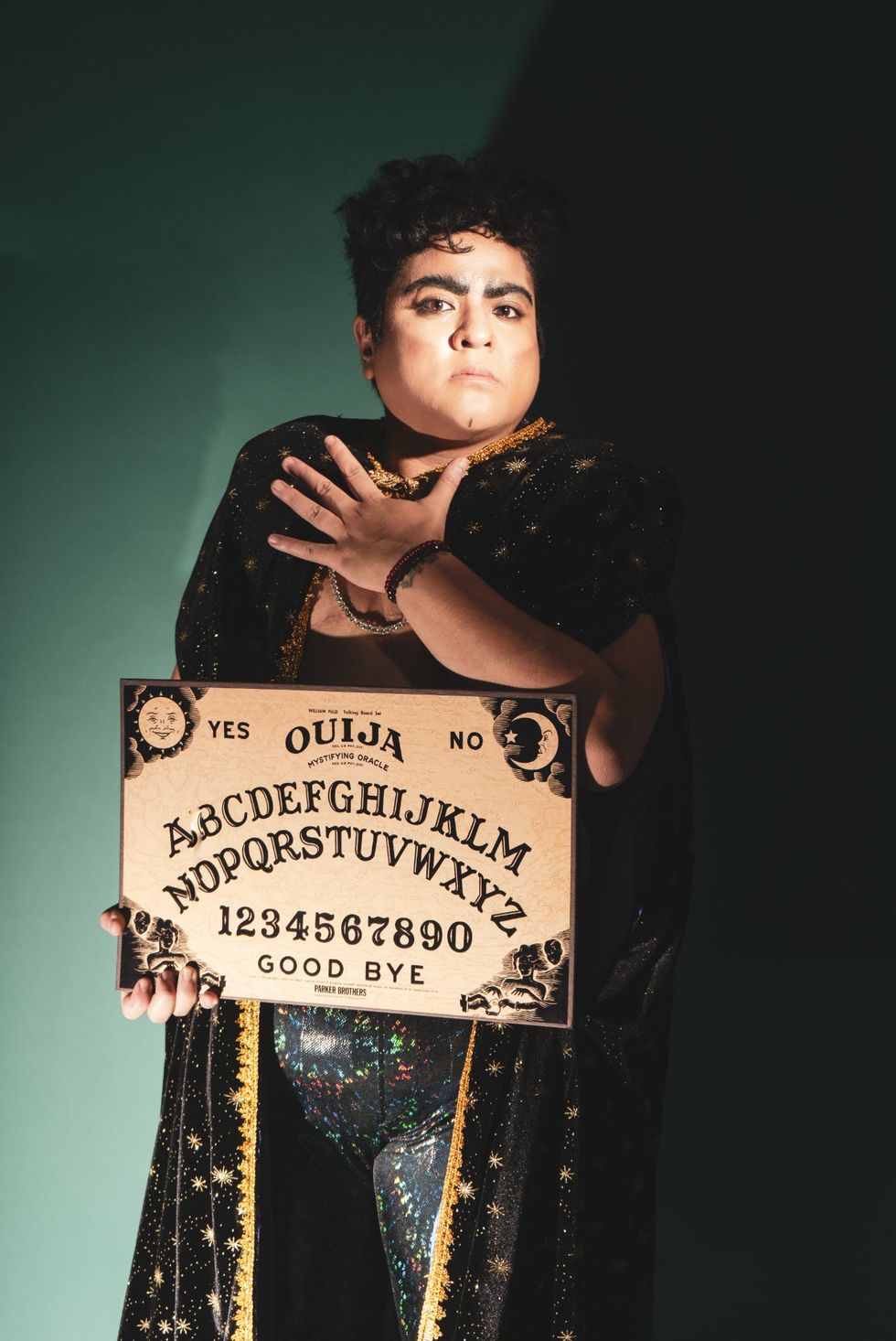

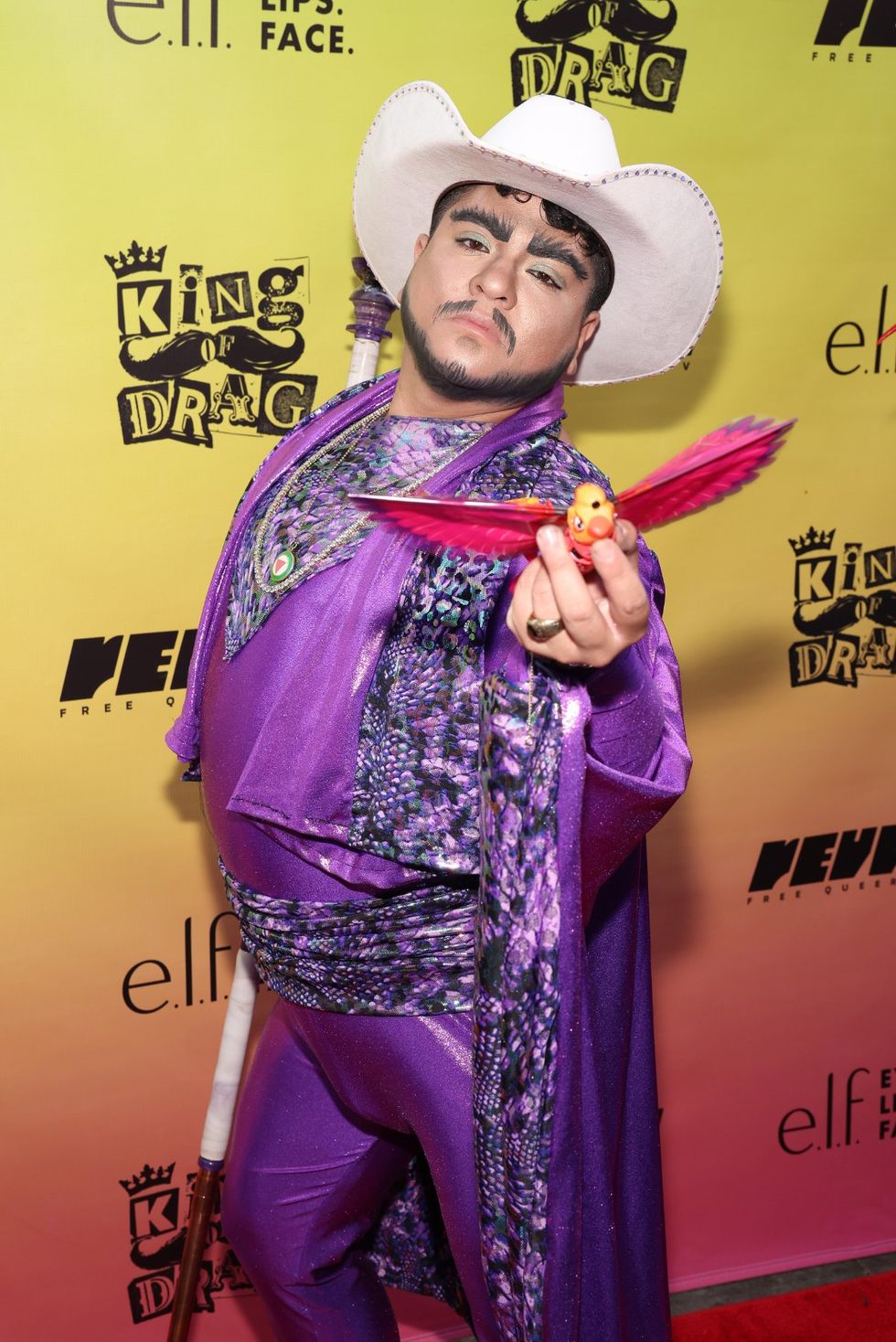







Comments